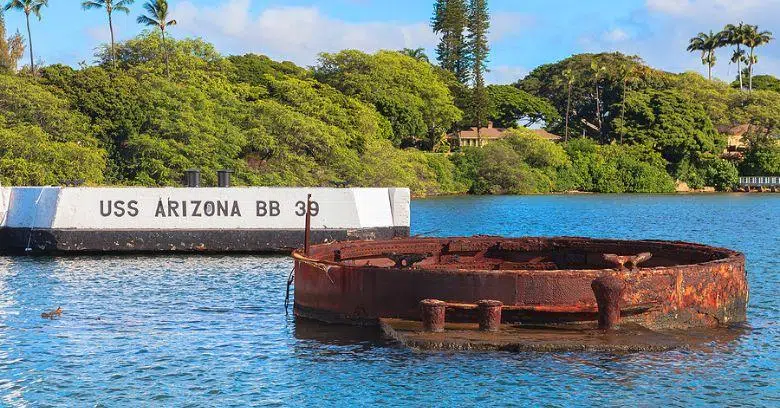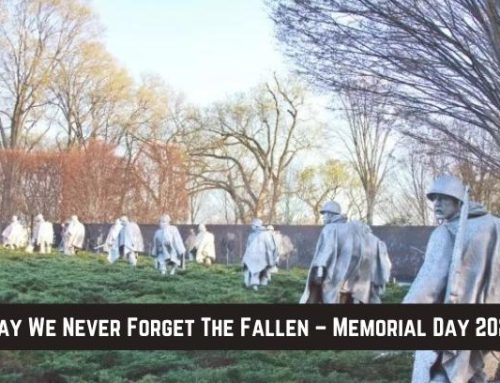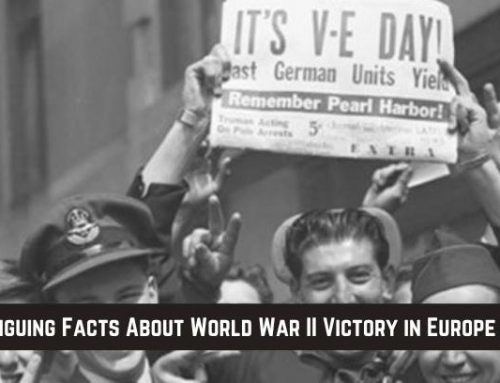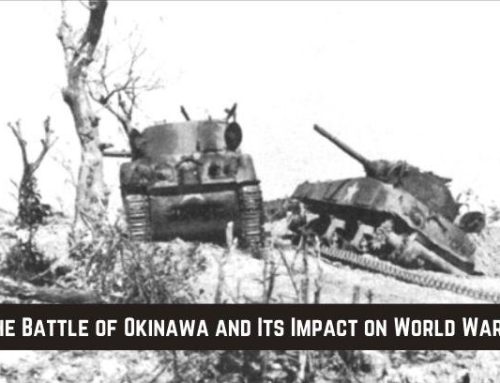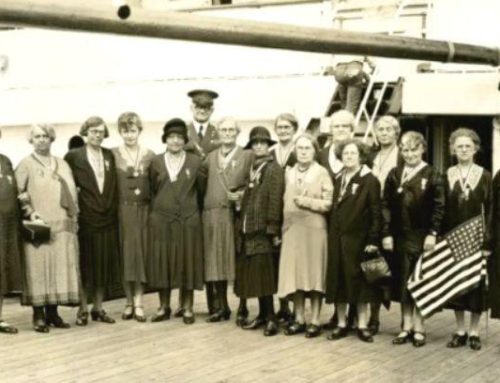Pearl Harbor – and FDR’s Call to Arms!
The unprovoked attack on Pearl Harbor on December 7, 1941, was an event that shocked the world and would quickly go on to change the path of history.
Immortalized by President Franklin D. Roosevelt as “a day that will live in infamy” in his well-known speech, this statement could not describe those events better.
America’s position in the world and on the battlefield completely changed only days later, eventually leading to the United States becoming the military and political superpower that it is today.
America’s Position In the World Before Pearl Harbor
One of the reasons the attack on Pearl Harbor is so significant is that it resulted in a complete reversal of America’s position on war and becoming involved in the military fights of other countries.
Until that point, the U.S. had long held the position of isolationism, interested only in protecting its own shores.
Though there had been involvement in World War I, much to the overwhelming disagreement of the American public, it happened only after the attack on the Lusitania, prompting the U.S. to defend itself by helping the Allies.
The American government had maintained this position of staying away from world conflicts since its earliest days when Washington and Lincoln both spoke of the importance of isolationism.
That would all change on December 7th, 1941, when the Japanese carried out their attack on Pearl Harbor, killing some 2,400 American military members and citizens and destroying the USS Arizona.
FDR’s Speech A Call To Arms for America
President Roosevelt, who had been monitoring the situation with Japan and its attempts to expand through the Pacific area using force, decided after the attack that America should take military action against the nation.
It would require going before Congress and convincing them that once again, the United States must react to protect itself similarly to how it had done in World War I.
Considering the losses that had been sustained and the country’s desire to stay out of wars, this would be challenging at best.
So it was on the evening of December 7th that FDR sat with his secretary and began drafting what would become the most famous speech he delivered.
There were many revisions within the next 24 hours and three drafts were made, as more news of the attack came in and his determination to convince Congress grew.
Although the process of writing and revising FDR’s speeches usually took as many as 10 days and involved multiple people, he was so driven by what had happened that he completed it in less than a day by himself.
On December 8, 1941, FDR stood before Congress and delivered his emotional and forthright speech, from which his most famous line was recited.
“Yesterday, December 7, 1941 – a date which will live in infamy – the United States of America was suddenly and deliberately attacked by the naval and air forces of the Empire of Japan.”
After only six minutes of FDR describing the ruthlessness of the attack and confirming that many American lives were lost, a declaration of war against Japan was quickly delivered by Congress only a few hours later.
December 7th Becomes A True Day of Infamy
Although FDR’s speech had the sole purpose of asking Congress for a declaration of war against Japan, a position that surprisingly most Americans now supported after the deadly attack, he was careful to acknowledge that the intent was only to engage in war with Japan and not with any other countries that were fighting at the time.
The positive reaction to the speech was important, as it was essentially a call to arms for the entire country, which would need to re-prioritize its food, fuel, and ammunition supplies, all of which would affect the general public.
Considering what would happen only a few days later when Germany and Italy both declared war on the United States right when the U.S. was engaging with Japan, that support was essential.
Since the bombing of Pearl Harbor and FDR’s iconic speech, isolationism in America came to an end.
As the U.S. went on to fight more of its own battles while also aiding and protecting its allies throughout the decades, she has become one of the world’s strongest military and political forces.

